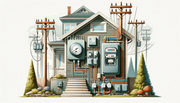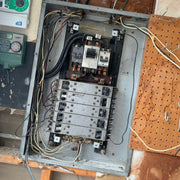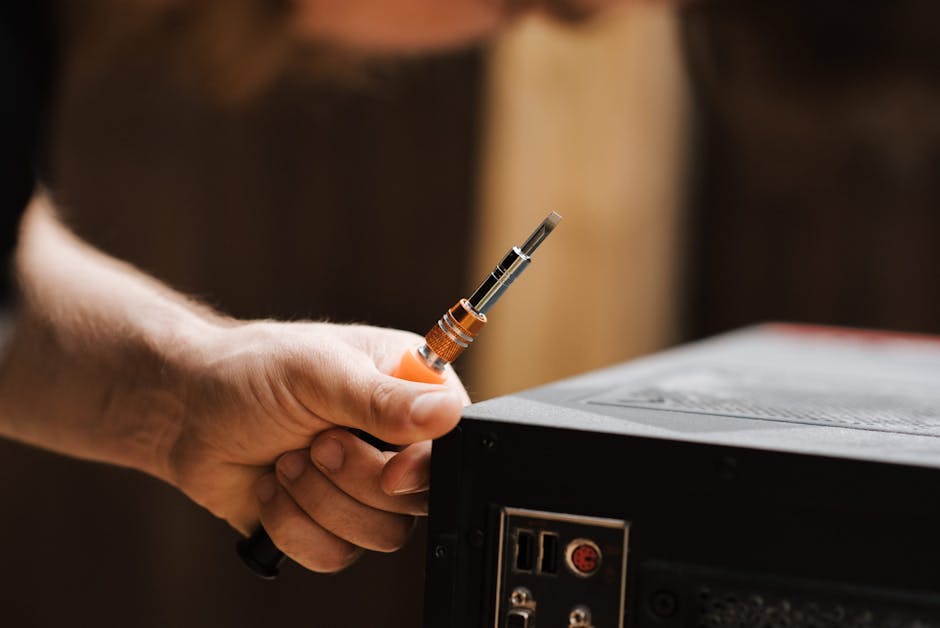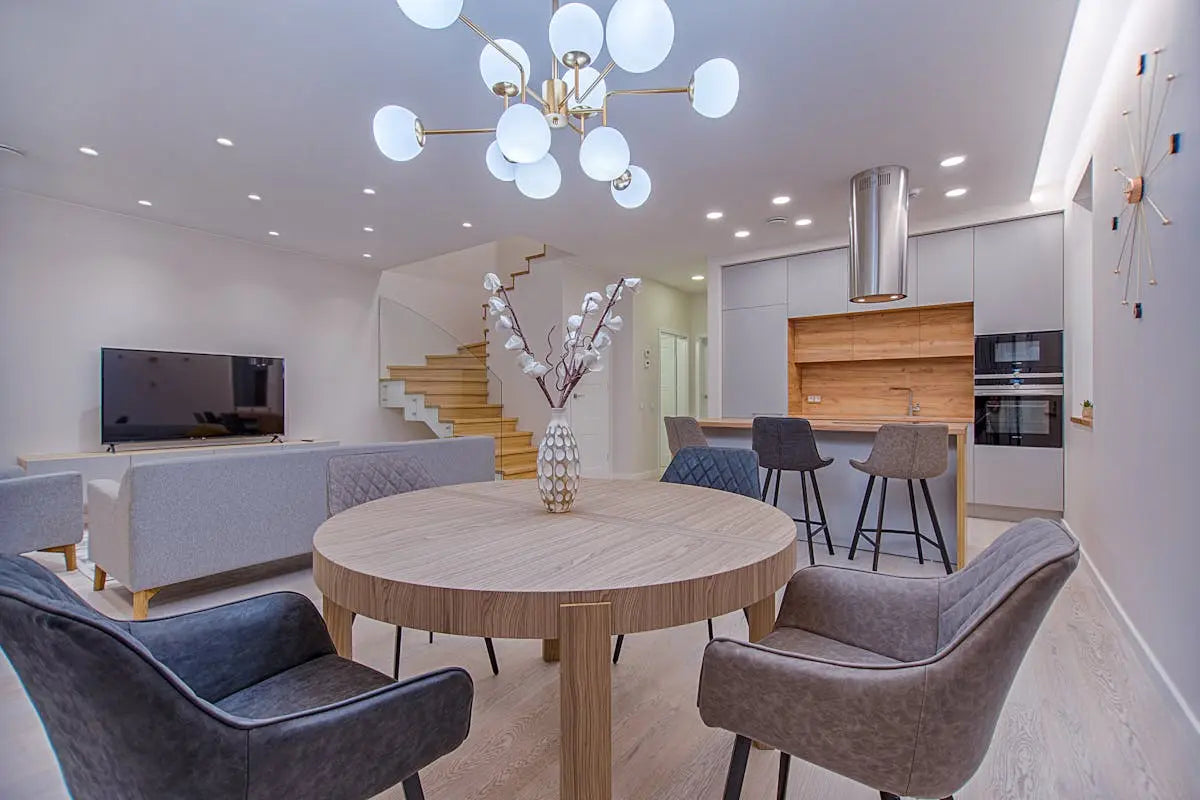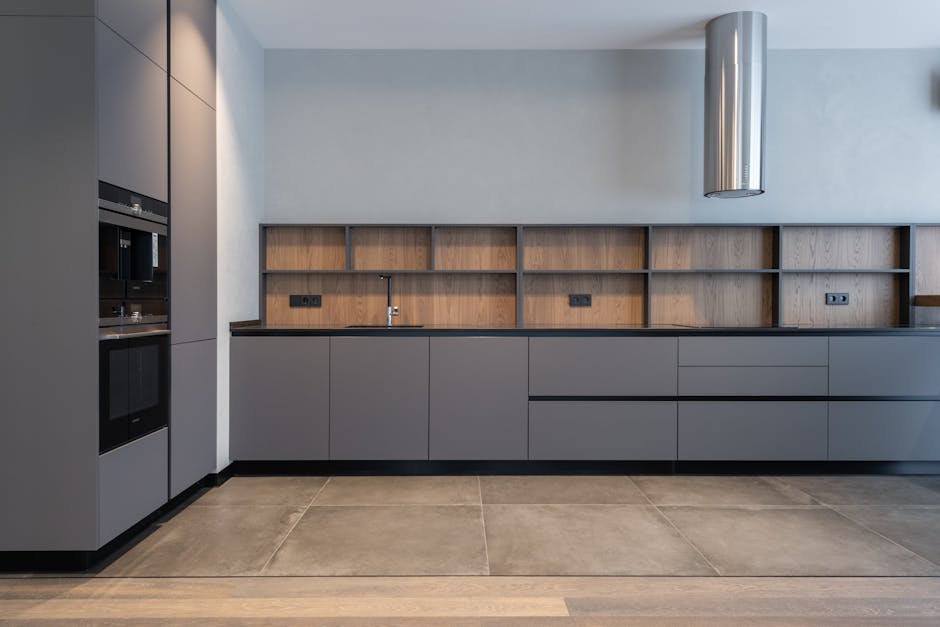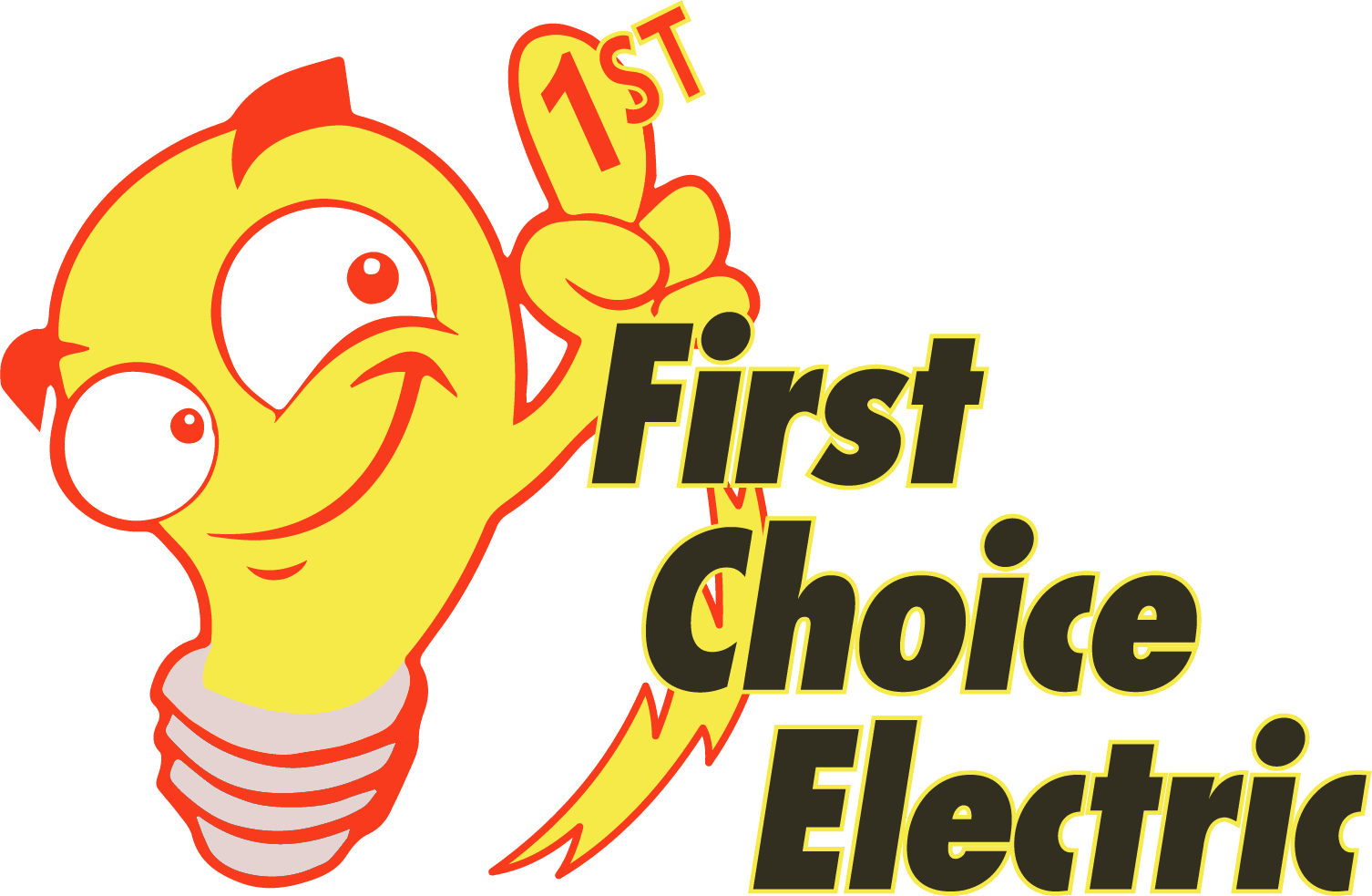Expert Insight from Electrical Contractors
As experienced electrical contractors, we provide an in-depth overview of the different types of electrical panels and their capacities to help you make informed decisions for your home
Electrical panels are the central hub of your home's electrical system, and choosing the right panel is crucial for safety and efficiency. As electrical contractors who provide installation services, we understand the importance of knowing the various types of electrical panels and their capacities. In this article, we'll discuss the most common types of electrical panels and their capacities to help you determine the best option for your home.
1. 100-Amp Electrical Panels
100-amp electrical panels are the minimum size typically found in residential homes. They are suitable for small homes with modest electrical demands, such as single-family homes or apartments without central air conditioning or other high-energy appliances. However, 100-amp panels may struggle to meet the demands of modern homes with multiple high-powered devices and appliances.
2. 200-Amp Electrical Panels
200-amp electrical panels are the most common option for modern homes, providing ample capacity for the average household's electrical needs. These panels can handle the demands of central air conditioning, electric heating, and multiple high-energy appliances. A 200-amp panel is a popular choice for new construction and upgrades from older, lower-capacity panels.
3. 400-Amp Electrical Panels
400-amp electrical panels are designed for large homes or commercial properties with significant electrical demands, such as multiple HVAC systems, high-powered appliances, and extensive lighting. These panels provide ample capacity for current needs and future expansion, making them an ideal choice for homeowners or businesses planning significant electrical upgrades or additions.
4. Subpanels
Subpanels are auxiliary panels that can be added to an existing electrical system to provide additional capacity or isolate specific circuits. They are typically used in scenarios where the main panel is already at its capacity or where it's more convenient to have a separate panel for a specific area of the home, such as a garage, workshop, or guest house.
5. Main Breaker Panels vs. Main Lug Panels
There are two primary types of electrical panels based on the configuration of their main disconnect:
a. Main Breaker Panels
Main breaker panels have a primary circuit breaker that controls the flow of electricity to the entire panel. This breaker serves as a central point of disconnect for the entire electrical system and provides an added layer of protection against overloads and short circuits.
b. Main Lug Panels
Main lug panels do not have a primary circuit breaker. Instead, the main disconnect is located separately, usually at the meter or in an external disconnect box. Main lug panels are often used in situations where a subpanel is installed, or when local codes require an external disconnect.
Understanding the different types of electrical panels and their capacities is essential for making informed decisions about your home's electrical system. By considering your current and future electrical demands, you can choose the panel that best suits your needs. As professional electrical contractors providing installation services, we're here to help you navigate the process and select the right panel for your home. Contact us today for a consultation and personalized quote for your electrical panel project.



